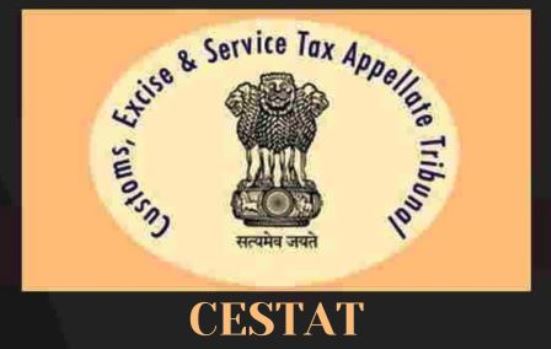LI Network
Published on: January 2, 2024 at 15:00 IST
The Kolkata Bench of the Customs, Excise, and Service Tax Appellate Tribunal (CESTAT) has ruled in favor of the Steel Authority of India Limited (SAIL) regarding the cenvat credit.
The tribunal, consisting of R. Muralidhar and K. Anpazhakan, highlighted that the ‘plates’ used in constructing capital goods are considered inputs for those goods, making them eligible for the credit associated with the ‘plates’ as ‘inputs’.
SAIL, the appellant, operates in the iron and steel manufacturing sector. It cleared excisable goods by paying the applicable excise duty and utilized CENVAT credit for inputs, capital goods, and input services, following the guidelines of the CENVAT Credit Rules, 2004.
As part of their plant’s modernization and maintenance, SAIL procured various structural steel items (plates under Chapters 69, 72, 73, 84, and 85). These ‘plates’ were utilized in fabricating capital goods or their components—such as mills, conveyors, storage tanks, and pollution control equipment—within the plant premises for manufacturing excisable goods.
The appellant claimed CENVAT credit on these plates, but faced an SCN proposing to deny this credit, asserting that the plates did not qualify as capital goods or inputs.
After review, the Commissioner upheld the demand for ineligible CENVAT credit, totaling Rs. 1,54,11,925, alongside interest and penalties.
SAIL argued that the order erroneously dismissed the CE certificate provided by the appellant, which should have been considered as conclusive evidence for the end use of the remaining goods. In the absence of contradictory evidence, the certificate should not have been disregarded.
Regarding the definition of ‘inputs’ as per Rule 2(k) of the CCR, 2004, the appellant asserted that the term encompasses goods used in manufacturing final products.
The tribunal emphasized that goods integral to a process critical for manufacturing viability are eligible for credit. Consequently, the CESTAT deemed the demand in the order unsustainable, nullifying the need for interest or penalties.

